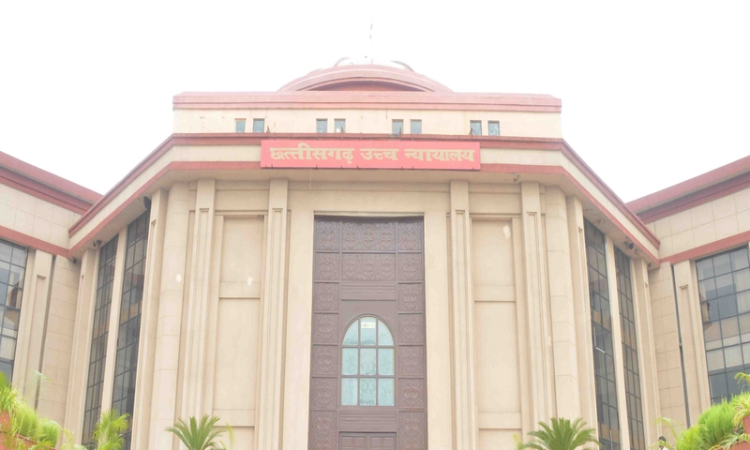Illegal Termination During Probation, Chhattisgarh HC Declines To Review Judgement
Namdev Singh
5 Jan 2025 6:30 PM IST

Next Story
5 Jan 2025 6:30 PM IST
A single judge bench of the Chhattisgarh High Court comprising of Justice Rakesh Mohan Pandey held that a review cannot be used to reargue the case or introduce new arguments without an apparent error or new evidence. Therefore, the employee, who was illegally terminated, was allowed to continue her service. Background Facts The employee was appointed on probation for a period of...
